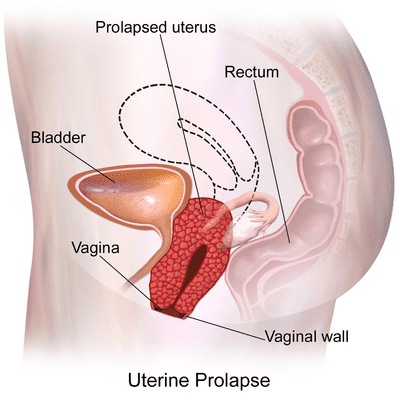Gynecological health during menstruation involves various considerations to ensure comfort, hygiene, and overall well-being. Here are some unique factors to keep in mind during your menstrual cycle:
1. Hygiene Practices:
Maintaining good hygiene is crucial during menstruation. Change sanitary products (pads, tampons, menstrual cups) regularly to prevent bacterial growth and odor. Wash the genital area with water and a gentle, fragrance-free cleanser.
2. Menstrual Product Choices:
Consider the various menstrual product options available and choose what suits you best. Menstrual cups, reusable cloth pads, and organic tampons are alternatives to traditional disposable products.
3. Menstrual Pain Management:
Many women experience menstrual cramps or pain. Over-the-counter pain relievers, heating pads, and gentle exercises like yoga can help alleviate discomfort.
4. Nutrition and Hydration:
Eating a balanced diet and staying hydrated can help manage energy levels and reduce bloating during menstruation. Foods rich in iron can help counteract potential blood loss.
5. Physical Activity:
Engaging in light to moderate exercise can help alleviate cramps and improve mood during menstruation. Listen to your body and adjust activity levels as needed.
6. Skin Care:
Some women may experience changes in skin health during their menstrual cycle due to hormonal fluctuations. Adjust your skincare routine as needed to accommodate any skin changes.
7. Emotional Well-Being:
Hormonal changes during menstruation can affect mood and emotions. Practicing self-care, stress management techniques, and engaging in activities that bring joy can contribute to emotional well-being.
8. Sleep Quality:
Hormones can impact sleep patterns, leading to insomnia or disrupted sleep during menstruation. Create a comfortable sleep environment and consider relaxation techniques before bed.
9. Sexual Activity:
Some women may experience discomfort during sexual activity due to hormonal changes or menstrual products. Open communication with your partner and considering alternative positions or activities can help.
10. Tracking Menstrual Cycles:
Keeping track of your menstrual cycle can help predict when your period will start and allow you to plan accordingly. This can be particularly useful for scheduling events, activities, or appointments.
11. Medical Conditions and Medications:
If you have certain medical conditions or take medications, consult your healthcare provider about any potential interactions or considerations during menstruation.
12. Fertility and Family Planning:
For women trying to conceive, tracking menstrual cycles can aid in understanding fertility windows. Conversely, women who are not trying to conceive might consider birth control methods for menstrual cycle regulation.
Remember that every woman’s experience is unique. If you have concerns about your menstrual health or experience symptoms that significantly affect your well-being, consult a Dr. Deepika Doshi for personalized advice and guidance at Gynecologist in Mira Road.




